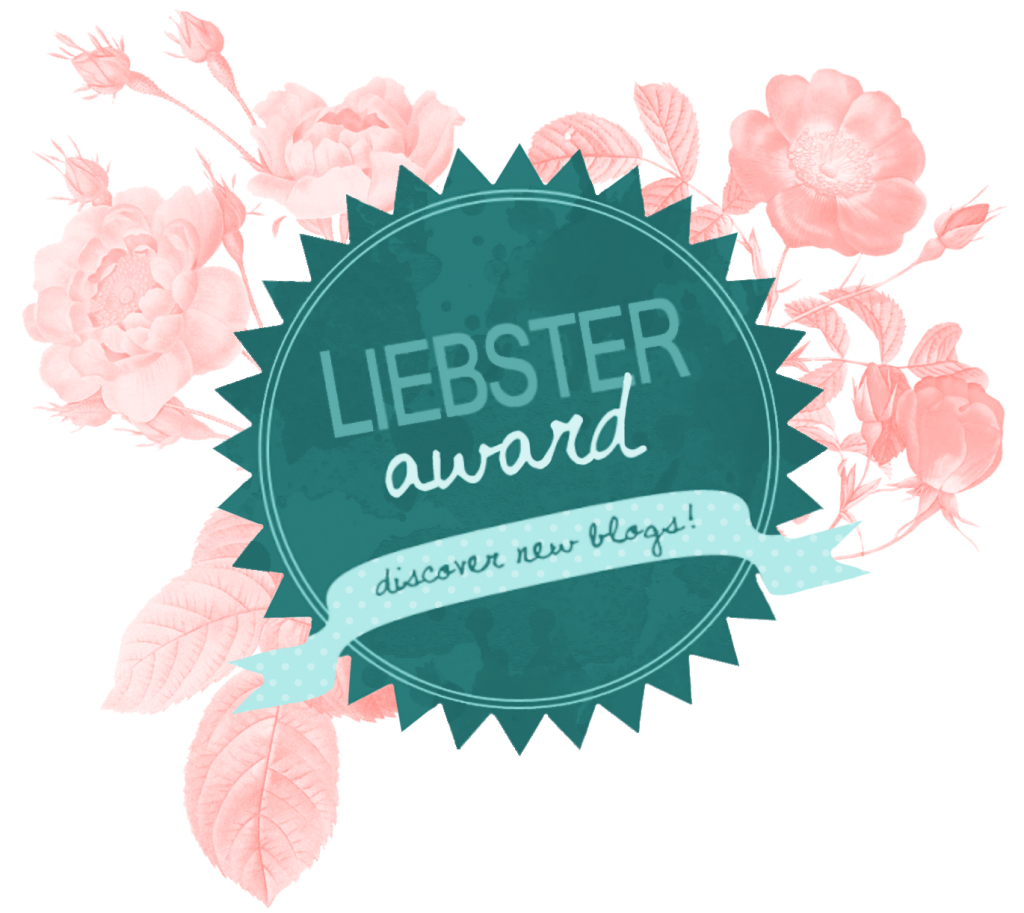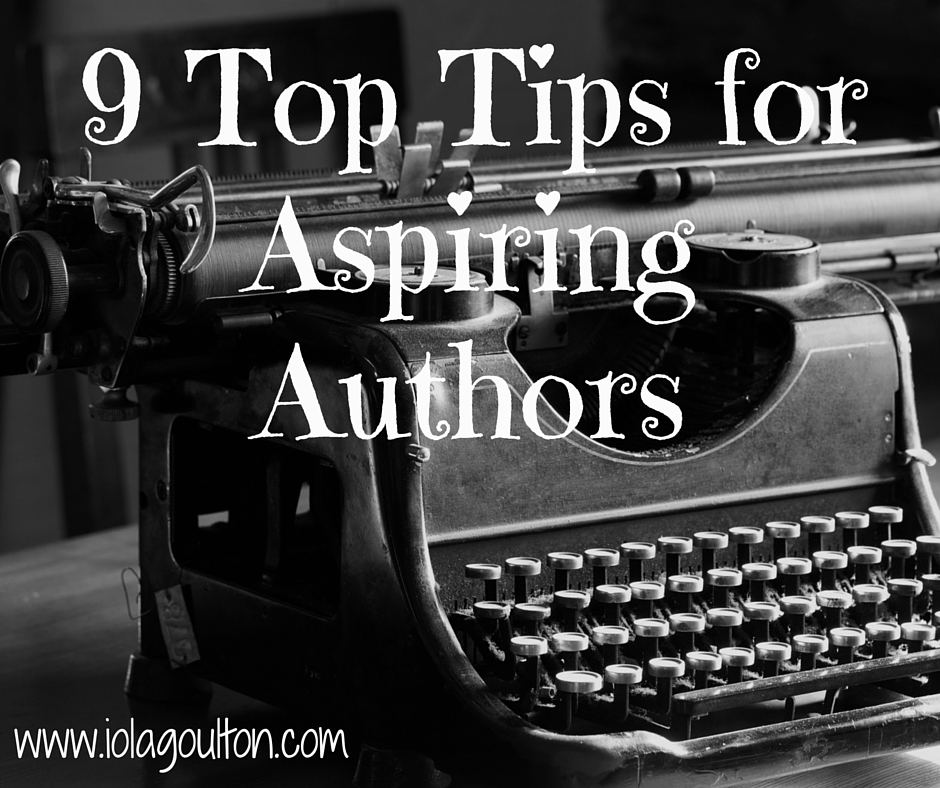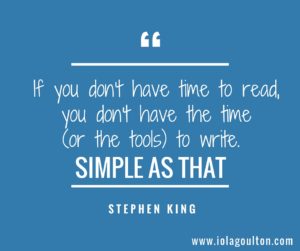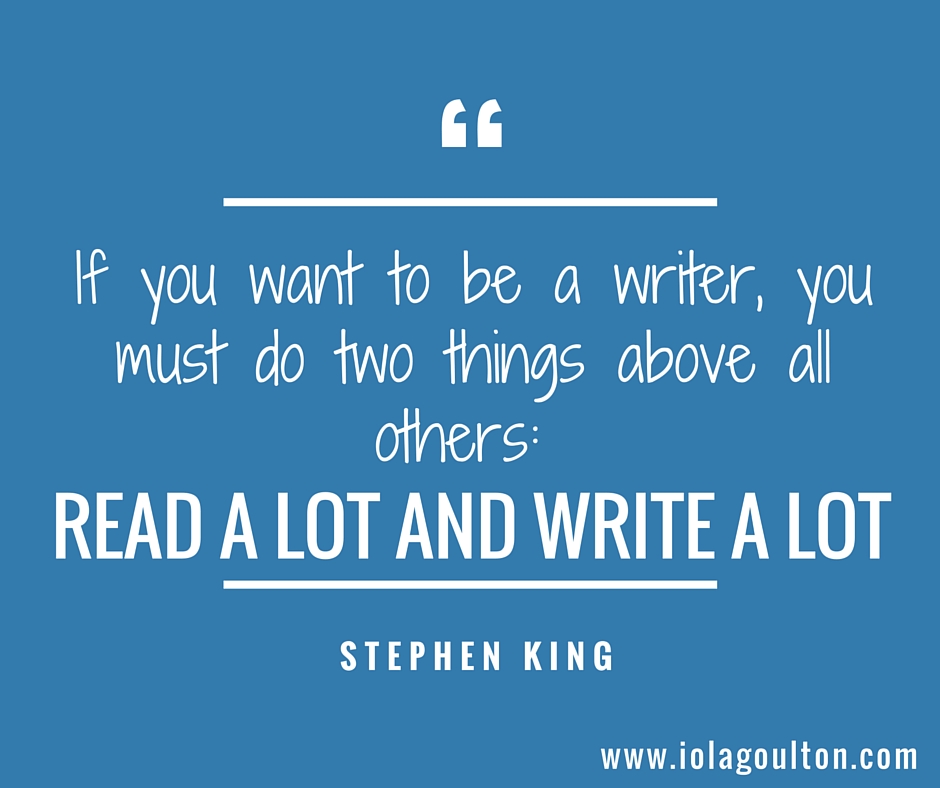How do we achieve our writing goals?
Last week I talked about setting and meeting goals as a precursor to this post, and this week I’m talking specifically about writing goals (although the principles might be relevant to anyone who works from home, and there are some handy hints for hacking email).
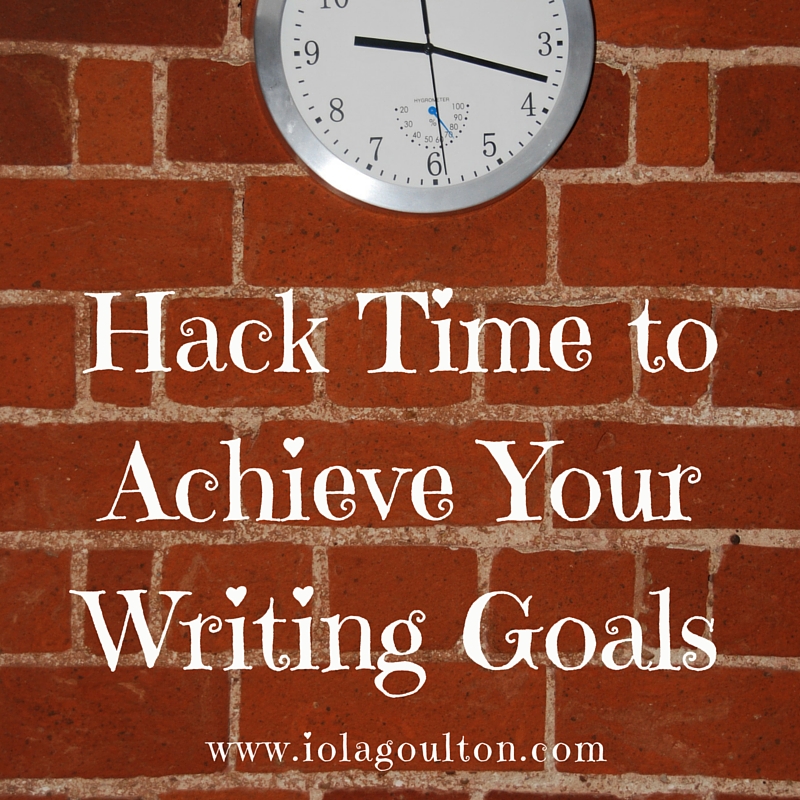
I’m going to warn you now: this is a long post.
Writers generally have one of two goals:
The first is to write (or publish) x number of books this year, with a general idea of how long those books are going to be: is that going to be one 150,000-word epic fantasy novel, or six novellas, or two category romance novels.
Or your goal could be more specific. It could be write 500 words a day or 1000 words a day or 3000 words every Saturday.
The second is to write for half an hour every day, or an hour every day, or four hours every Wednesday afternoon (although the problem with this is it can turn from “write every day” to “procrastinate on social media every day”, which isn’t exactly conducive for producing a book).
Basically, input or output.
This is a good place to start. What are your writing goals for this year? Are those goals based on input or output?
(Neither is wrong.)
If your goal is big-picture output (i.e. write and publish six 25,000-word novellas), then you need to work out how many words that is in total (150,000), how many days you are going to write, and divide the word count by the days available.
For example, if you decide you’re only going to write five days per week for 50 weeks, that 150,000-word goal becomes 3,000 words per week, or 600 words per day. That doesn’t sound nearly so daunting (although you’re going to have to schedule time for several rounds of revision as well, to get six novellas to publishable standard).
Next, you need to work out how long it’s going to take to produce 600 original words. A lot of writers consider 1000 words an hour to be a good pace, although this may well depend on how you’re getting the words out. I can type up to 2000 words in a good hour, but sometimes I manage less than 500. And I know a lot of writers aren’t fast typists, so it’s going to take them longer.
An increasing number of writers are using some form of dictation to help them produce 3,000 to 5,000 words an hour (because an average person speaks at 180 words a minute, but even a fast typist can only manage 100 words per minute, and that’s for copytyping. Most people are less than 40 words per minute).
I’ve tried the Windows free dictation tool, and find that in order for it to have any kind of accuracy, I have to Talk. So. Slowly. I’d. Be. Faster. Typing. It. Some writers swear by Dragon dictation software, although they acknowledge there is a learning curve—it takes at least a couple of weeks to get into the swing of it, to have Dragon produce something approximating what they said. I’m not sure I have that level of patience, and the USD 150 price tag is also scaring me off (as is the experience of two Australian writing friends who said Dragon couldn’t understand their Australian accents).
Another idea I’ve heard is to record the dictation onto your telephone, and then pay an online service to transcribe the recording, which apparently costs a dollar a minute (a US dollar, and that’s per recorded minute, not per minute they spend typing). I suspect the quality of this could vary hugely, depending on your accent and whether the transcriber can understand you. I can see myself spending longer correcting than it would have taken me to type in the first place . . . The alternative is to pay a friend or relative who understands you!
If your goal is around output, you need to work out how long it long it’s typically going to take to produce that word count, and schedule that time.
If your goal is around input, that’s the easiest to schedule: you know how long you want to write for, so it’s simply (ha!) a case of finding the time.
Whichever method you choose, at the end, it’s going to come down to a combination of input (time spent at the PC or dictaphone) and output (word count achieved).
But that’s the easy part, at least for me.
Scheduling Time
The hard part is finding the time in the schedule. And actually doing it. Because it’s not enough to set writing goals. You have to plan how you are going to achieve them.
I’ve done this with my Bible-reading plan. I try and complete it second thing each morning, after I’ve got the family out the door to work and school, after I’ve put a load of laundry on or tidied the kitchen or done whatever is on my morning housework list for the day. And after I’ve made that all-important first cup of coffee. Then it’s me and my Bible. Tick. Done. (Although I try and make it a little more than that, obviously!).
Next, I do my editing, because I find my productive times are mornings and evenings. I can do some writing in the evening, with the family around, although it’s subject to interruption. So editing *has* to get done in the morning, when the house is quiet and I can work without distraction.
Identify the Blocks
It’s taken a while, but I’ve finally worked out my blocks, the things which prevent me getting my writing done.
The first biggie is doing the unimportant stuff first. Now, I could argue that putting the laundry on isn’t as important as my writing. Well, I might think that but I’m still the chief carer, and I’m the one who has the privilege of working from home. So I get to do the laundry. And it’s best done early, because I like sun-dried washing more than using the electric dryer.
But laundry only takes a couple of minutes to load (while I wait for the kettle to boil for that coffee), and another five minutes or so to hang. It’s not a lot of time, and actually provides a handy excuse for a productive break.
It’s the other things which are the problem. Which suck time. Suck energy.
Email.
Social media.
Both of these are forms of procrastination, and I’m having to work out how to deal with them.
One thing I’ve discovered is I spend a lot of time rereading emails in my inbox to see if it’s something I have to deal with or not. But I’ve lessened this time over the last couple of months by adopting a couple of tricks:
1. Boomerang
2. Multiple email addresses
Boomerang
What is Boomerang? It’s an app for Gmail, and it’s just like a real boomerang—set the email to disappear from your inbox and reappear at a specific time. This can be anything from a couple of hours from now to weeks or months in the future. There are other similar apps available, such as SaneBox. As with many online apps, there are free and paid versions of Boomerang.
Multiple Email Addresses
Instead of having everything clogging up one email inbox, I set up additional Gmail accounts so each inbox (usually) has only one kind of message.
In broad order of priority:
1. One for household bills etc.
2. One for email relating to my freelance editing business.
3. One for email relating to my ‘other’ business (HR consulting).
4. One for email relating to my ministry role (secretary for a small mission)
5. One for email relating to my author activities.
6. One for personal email.
7. One for email relating to my book reviewing site.
8. And one for email newsletters and online training.
If I had only one Gmail address, I’d probably need the paid version of Boomerang. But the app allows ten Boomeranged emails per month per email address, so using multiple email addresses has unintentionally turned into a sneaky way of getting Boomerang free.
All my email addresses run though Outlook on my tablet computer, so it takes around 30 seconds to check them all and see if there is anything new.
The Four D’s
I’m also learning to stay on top of my email by using the 4 D’s
Delete: delete immediately if I don’t need it
Do it: if it can be actioned in two minutes, do it (e.g. signing up to a webinar, downloading a book to review)
Delegate: this is the hard one as I don’t have anyone to delegate to!
Defer: If I can’t action it quickly, either leave in my inbox to deal with during my scheduled administration time or in the evening (while not watching TV), or Boomerang the message and schedule a time I can deal with it.
My aim is to get down to having no outstanding emails in any of these inboxes. I’m improving, but I’m not there yet.
Why is this important? Because if there’s nothing in my inbox, I can’t read my emails as a way of avoiding writing.
Singletasking
I’ve had to identify what’s stopping me writing. I’ve bought in to the multitasking-for-productivity myth for years, but I’m now doubting it. Apparently, singletasking is the new multitasking. Do one thing at a time, for a specified period of time, and do it properly.
Two tools which help me with this are Freedom and Writer’s Block. I wrote the first draft of this post on Writer’s Block, a downloadable programme which gives you the options of writing a set number of words, or writing for a specified length of time. It then opens a text editor, and all you can do on your computer is type. In the text editor. No internet. No social media. No word processor. No email. Nothing, until you’ve met the goal. And no cutand-paste function, so no ability to cheat.
This is a wonderful way of focussing the mind . . .
Writer’s Block works for me when it comes to writing book reviews or newsletters or blog posts, but I’m not sure how it will work with an actual book, because I currently write in Word, and I want to move to writing in Scrivener (because everyone who uses it raves about it so much). But I don’t think I can use Writer’s Block in Scrivener.
Which leads me to the other tool, Freedom. Freedom allows you to block specific websites (e.g. Facebook, Twitter, Gmail) for a specific period of time, or to block the entire internet. The first time I tried this I made a mistake: I blocked the entire internet, but the document I wanted to work on was online, in my Onedrive. Oops. Won’t do that again.
Freedom works best while I’m editing, as it stops me procrastinating and wasting time by checking email and social media, while still allowing me access to useful research sites such as online dictionaries and Wikipedia (useful for checking dates and other basic facts in historical novels). Antisocial performs a similar function.
Another thing I find helpful is to outline before writing. As an example, I outlined this article under seven points, but I have found the earlier points have taken *much* longer to cover than anticipated, so I hope you find it useful, and not simply some stream-of-consciousness babbling from an overtired writer (no matter. That’s when the editing comes in).
And Writer’s Block *really* helps my productivity: I’ve written around 2,200 words in just 75 minutes. Maths brain checks and says that’s a shade under 30 words a minute, which isn’t a great speed for copytyping, but is good considering I started with a short outline and a blank page in Writer’s Block. Although I’ll probably have to spend at least as long editing it, that hard part is done.
Finally (with apologies to Nike), just do it!
What are your hints and tips to improving productivity and achieving your writing goals?









